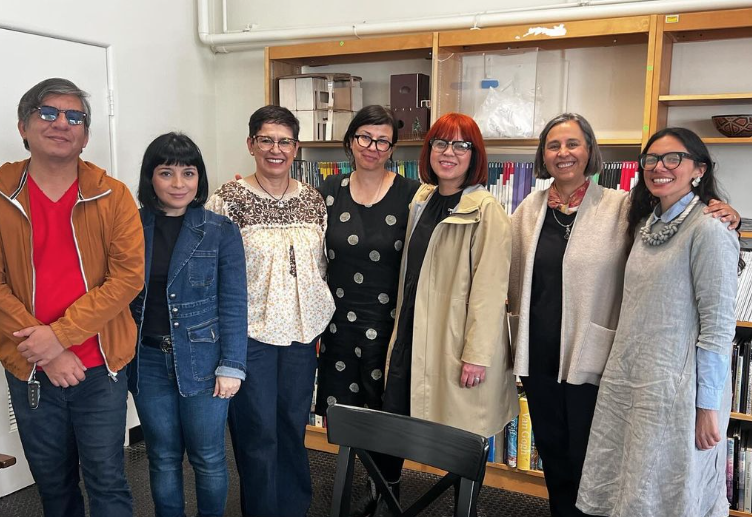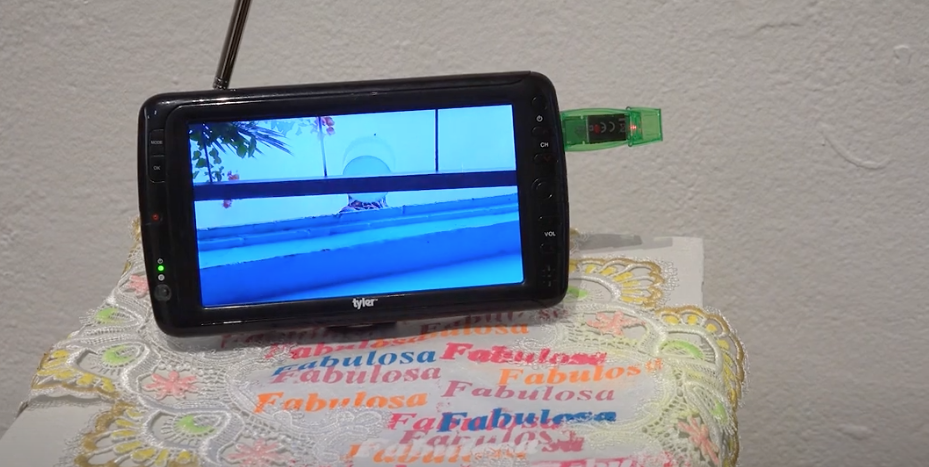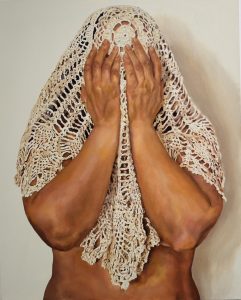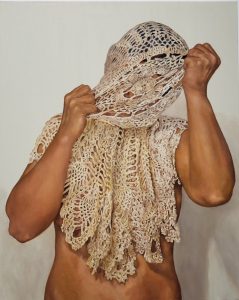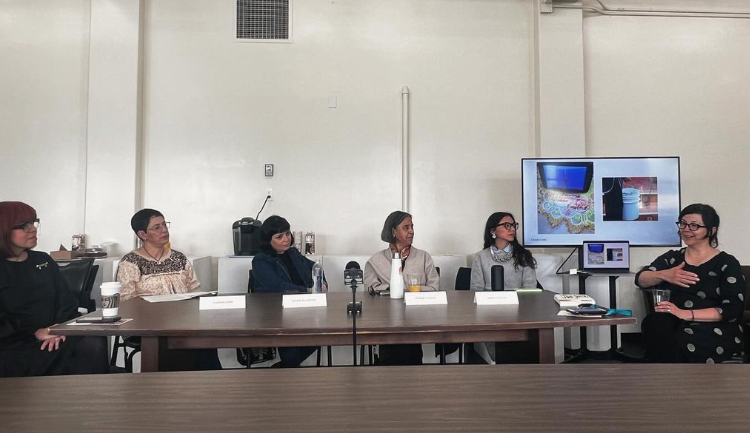
Last Wednesday, April 24, 2024, San Diego State University was the scene of an enriching panel conversation as part of the 17th annual Women’s Day exhibition, “Invisible Traditions,” which is held by Casa Family and The FRONT Art and Culture. This event brought together leading figures in the field of art and design to discuss the crucial role they play in perpetuating stereotypes and ideologies, as well as their impact on various aspects of life.
The panel, made up of Claudia Cano, Leila Khalizadeh, Norma Iglesias, Anabel Alarcón, and moderated by curators Katalina Silva and Arzu Ozkal, addressed topics ranging from family dynamics to education and the media, highlighting how design and Art can be tools of both empowerment and perpetuation of invisibilities.
The panelists shared their personal and professional experiences, highlighting the importance of making women’s narratives visible and challenging the gender expectations imposed by society.
Claudia Cano, arts educator, addressed the invisibility and inequality of immigrant women, who dedicate an average of 54.3 hours per week to domestic work and seek employment equity. She exemplified with Ana and Inez, who work six days a week for $250 pesos a day. Cano emphasized her commitment to making this issue visible and changed the name of a popular cleaning product known as “Fabuloso” to “Fabulosa” to highlight the importance of this group of women.
Leila Khalizadeh, the second panelist, explores the perception of female identity in Middle Eastern culture. Her work, titled “Invisible Identity,” represents the juxtaposition of the presence and absence of the female body through two oil canvases. Khalizadeh delves into issues of gender, cultural identity and psychology, integrating memory and identity into her artistic process.
Anabel Alarcón, co-director of a ceramics studio in Tijuana, explores the meaning of setting the table through her work “Little Lies.” This piece reflects the uncomfortable conversations during the after-dinner meal, related to her life choices as a woman in the family. Alarcón challenges traditional expectations by creating an unconventional but beautiful table in her own way, seeking to question the established norms of table choice.
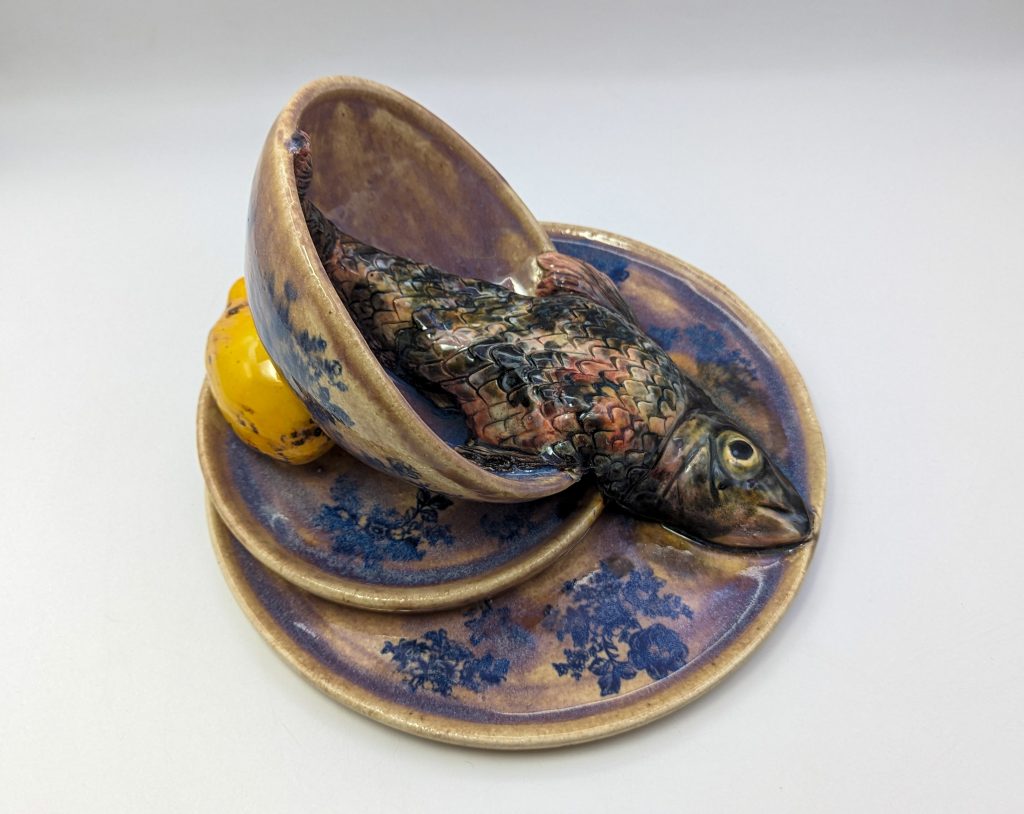
Norma Iglesias, as a teacher and researcher of Chicano cultural studies, highlights the profound invisibility experienced by women and minorities in society. She highlights the importance of talking about these experiences to challenge the mechanisms of silence that perpetuate patriarchy and sexism, and she emphasizes the critical role of educators in researching and analyzing the issue in order to change it.
Finally, she highlighted the crucial role of curators in exhibitions, who decide which works to show, giving voice to diverse audiences, and recognized the commitment of The Front Arte y Cultura gallery in organizing the International Women’s Day event, congratulating them for their work in providing educational and artistic opportunities for the community on both sides of the border.
In conclusion to this morning, the panel offered an in-depth look at the complexities of invisibility in our contemporary society and made clear that understanding between design and social issues is fundamental to promoting meaningful change towards equality and justice.
